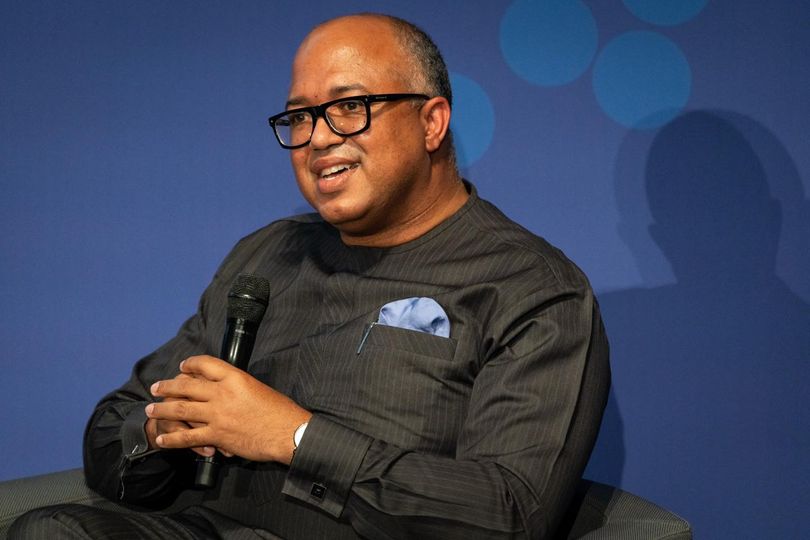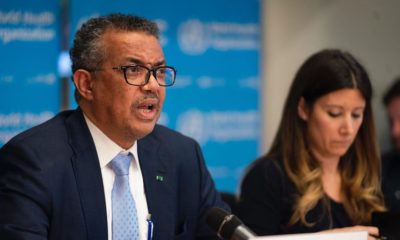News
NCDC’s Chikwe Ihekweazu Has Been Appointed to a Dual Role with WHO

The Director-General of the Nigeria Center for Disease Control (NCDC) has been appointed as the World Health Organization‘s (WHO) Assistant Director-General in charge of Health Emergency Intelligence in Berlin and as the head of the pandemic and epidemic intelligence hub in Germany.
He will take on the new position on November 1, 2021.
President Muhammadu Buhari appointed him as the head of the NCDC in August 2016. As Director-General, Ihekweazu has guided the agency through a time of transformation. He has directed the response to significant outbreaks of viral diseases, as well as the re-emergence of monkeypox and yellow fever, and has been at the vanguard of Nigeria’s COVID-19 response and management.
Tedros Ghebreyesus, the Director-General of WHO, congratulated Chikwe Ihekweazu on his appointment as the global health organization’s deputy in charge of health emergency intelligence in a Facebook post on Wednesday. He will be in charge of the WHO’s pandemic and epidemic response hub in Berlin, Germany, according to the announcement.
His post on Facebook reads:
Glad to appoint Chikwe Ihekweazu as Head of the new World Health Organization (WHO) Hub for pandemic and epidemic intelligence. He brings a wealth of experience and will serve a dual role as the head of the Hub in Germany, and as Assistant Director-General for Health Emergency Intelligence in Berlin . Welcome to WHO, my brother!
According to the WHO, “Ihekweazu, a Nigerian national, who was born in Germany, is a graduate of the College of Medicine, University of Nigeria and has a Masters in Public Health from the Heinrich-Heine University, Dusseldorf, Germany.
“In 2003, he was awarded a Fellowship for the European Programme for Intervention Epidemiology Training and subsequently completed his Public Health specialization in the United Kingdom. He is widely published in medical peer-reviewed journals.”
Furthermore, WHO states that the Hub will seek to: “Enhance methods for access to multiple data sources vital to generating signals and insights on disease emergence, evolution and impact; develop state of the art tools to process, analyze and model data for detection, assessment and response. Provide WHO, our Member States, and partners with these tools to underpin better, faster decisions on how to address outbreak signals and events; and connect and catalyze institutions and networks developing disease outbreak solutions for the present and future.”




















